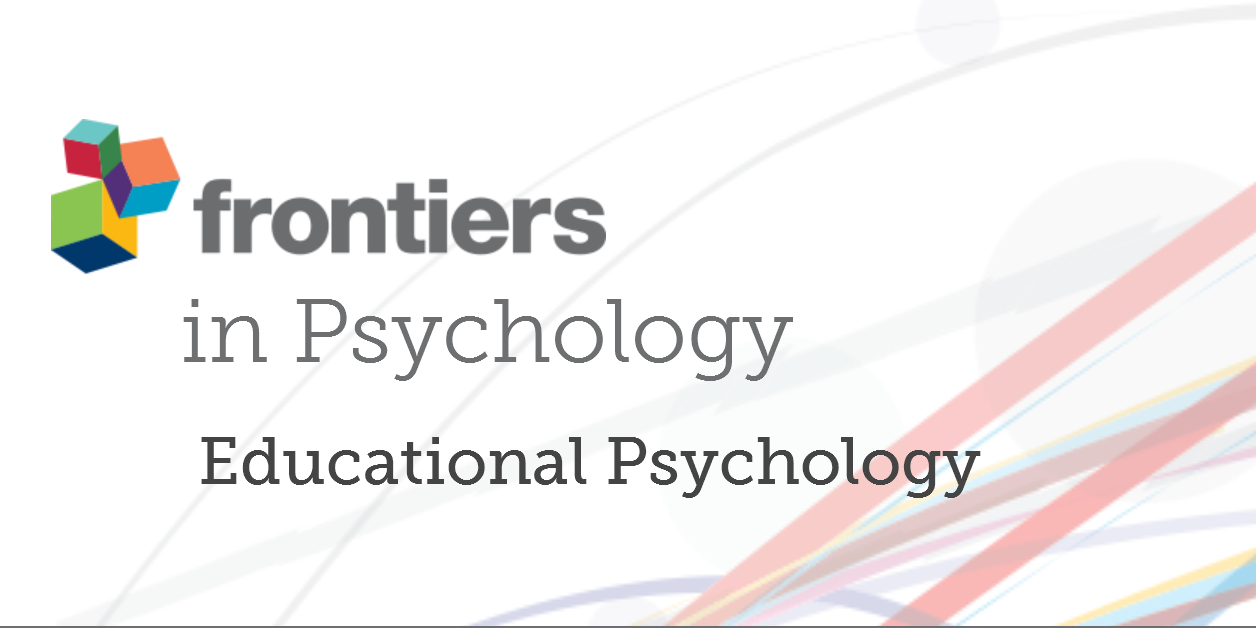Professor Martin W. Bauer has been working as part of a small panel of experts who have recently published a new report on Indicators for promoting and monitoring responsible research and innovation.
The report on Responsible Research and Innovation (RRI) is concerned with Science becoming more responsive to and better aligned with the values, needs and concerns of Society. Within the European Union, policy indicators are a preferred tool for monitoring, evaluating and self-criticising policies, so in 2014 an expert group was set up to design and select possible indicators for RRI as well as evaluating existing RRI-like indicators.
The result of the expert report recommends a network approach to indicators. This is based on the observation that the existing numerical indicators used to assess RRI are limiting because their formation and use is not open to dialogue, but rather governed by bureaucratic rituals. Instead, the report recommends that the choice of evaluation scheme, including the choice of indicators, or any given RRU policy or practice should in itself be a process of good governance that includes the relevant stakeholders in a lively and real discussion.

Accordingly, the report offers a great variety of indicators for the various so-called “keys” of RRI currently in use by the European Commission (ethics, gender equality, public engagement, science education, open access and governance). In addition to this the report also predicts a continuous development of the RRI principle itself. This will occur across two key processes.
First, it envisions that “open access” will develop into the broader and more ambitious concept of “open science”.
Secondly, it points out that RRI and Horizon 2020 (the biggest EU Research and Innovation programme with €80 billion of funding) are both policies directed towards the more general Europe 2020 strategy of “smart, inclusive and sustainable growth”. RRI indicators should therefore be developed to encompass the aspects of social justice and inclusion as well as sustainability.
The report represents an important step towards improving engagement in future science research. According to Professor Martin W. Bauer, the core issue for the discipline to tackle is distinctly social psychological in nature:
“To act responsibly, and to be perceived as acting responsibly, is as important to everyday life as it is to scientific research,” Professor Bauer explains. “Thus, although the term RRI might be new, the problem is as old and perennial as the necessity of Ethos for public orators”.
This blog was based on a press release from the University of Bergen.






thank you very much for this information